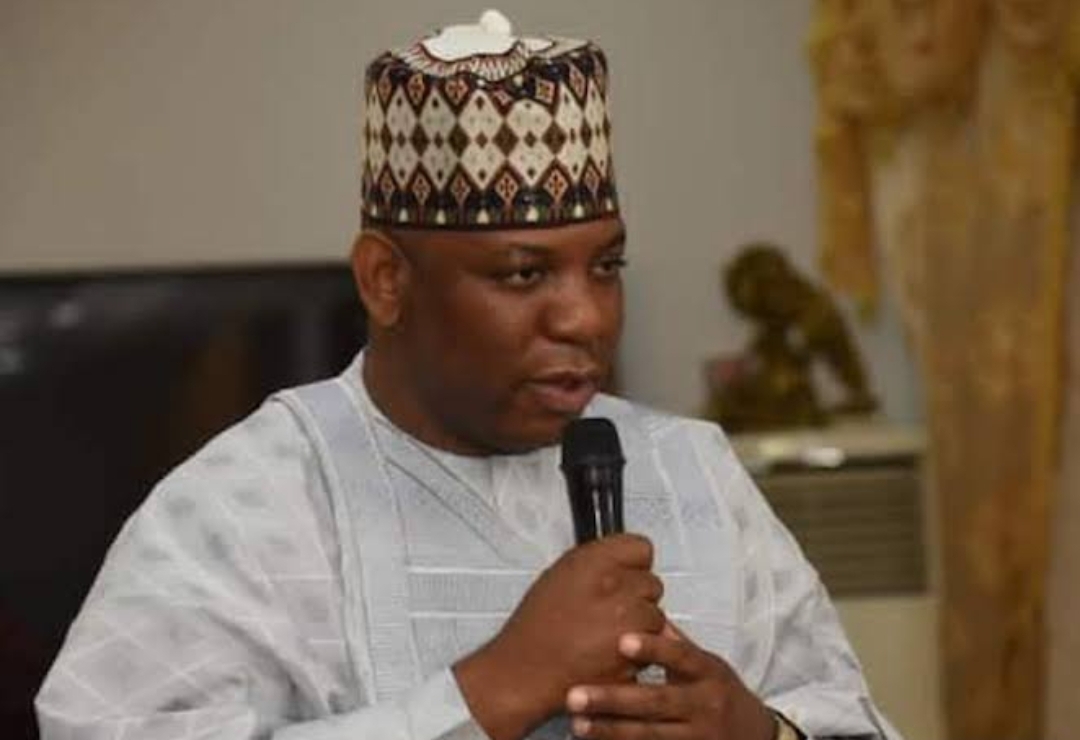The Nigerian government has called for strengthened governance, transparency, and collaboration from leaders and industry players to harness Africa’s resource wealth for sustainable development. Vice President Kashim Shettima outlined this stance during the inaugural International Exhibition of Extractive and Energy Resources (SIREXE) in Abidjan, Côte d’Ivoire.
Speaking at the summit themed “Policies and Strategies for the Sustainable Development of the Extractive and Energy Industries,” Shettima emphasised the importance of effective institutions in transforming natural resources into national prosperity. He stated, “This is not just about resources; it’s about people, prosperity, and posterity. The strength of our governance institutions will determine whether resource wealth becomes a blessing or a curse.”
Shettima highlighted Nigeria’s leadership in transparency reforms, referencing the creation of the Nigeria Extractive Industries Transparency Initiative (NEITI) in 2004. “We became the first country in the world to domesticate the Extractive Industries Transparency Initiative because opacity breeds inefficiency and corruption. Transparency is non-negotiable for building trust and ensuring inclusive benefits for all,” he said.
He also underlined the role of regional cooperation in addressing shared challenges, stating, “Africa’s energy future is intertwined. The progress of one state ripples across others. Nigeria stands ready to share its lessons and collaborate with ECOWAS partners to build an extractive industry that works for our people.”

Shettima detailed reforms under the Petroleum Industry Act (PIA) 2021, which restructured the Nigerian National Petroleum Corporation (NNPC) into a commercially-oriented entity. “NNPC Limited now operates with agility, transparency, and reduced government interference, setting a new standard for resource governance in Africa,” he explained.
The Vice President also stressed the significance of local content development, noting that the Local Content Act of 2010 had increased local participation in the oil and gas sector from 5% to nearly 30%. He cited the success of projects like the Dangote Refinery, which demonstrates the potential of prioritising indigenous capacity and innovation.
Shettima addressed the challenges posed by vested interests and conflicts in resource-rich regions, stating that Nigeria is investing in specialised policing to secure mining sites and promote sustainable growth. He called for unity, adding, “Our continent holds 40% of the world’s gold, 10% of its oil, and critical minerals like cobalt and lithium. Yet, our potential remains untapped. Let us rise to this moment as a unified region.”
The Vice President of Côte d’Ivoire, Tremoko Meyliet Kone, expressed appreciation for Shettima’s visit, emphasising the benefits of collaboration in the energy and extractive industries, including job creation and improved resource management. Côte d’Ivoire’s Minister of Mines, Petroleum, and Energy, Mamadou Sangafowa Coulibaly, echoed these sentiments, highlighting the importance of partnerships in addressing challenges and maximising sectoral benefits.
Norway’s Ambassador to Côte d’Ivoire, Ingrid Mollestad, lauded the conference for fostering cooperation, innovation, and sustainable development in the global extractive industry.




